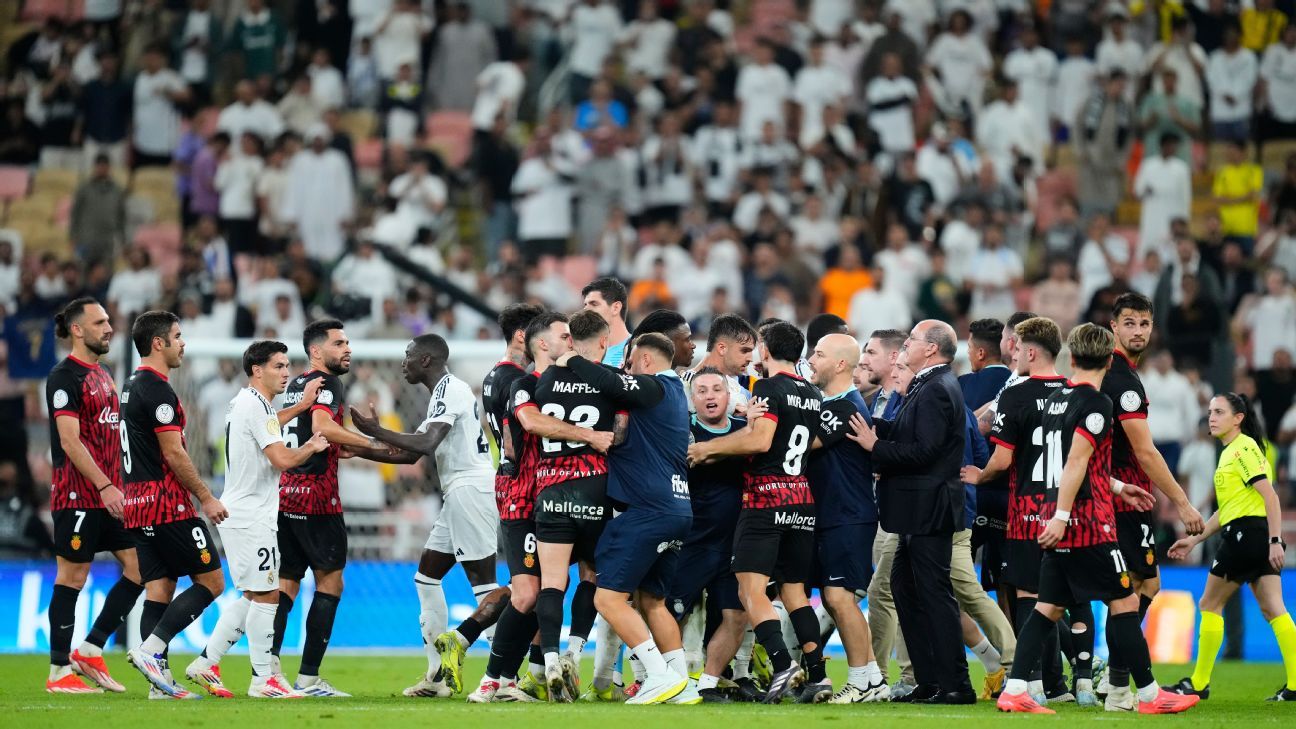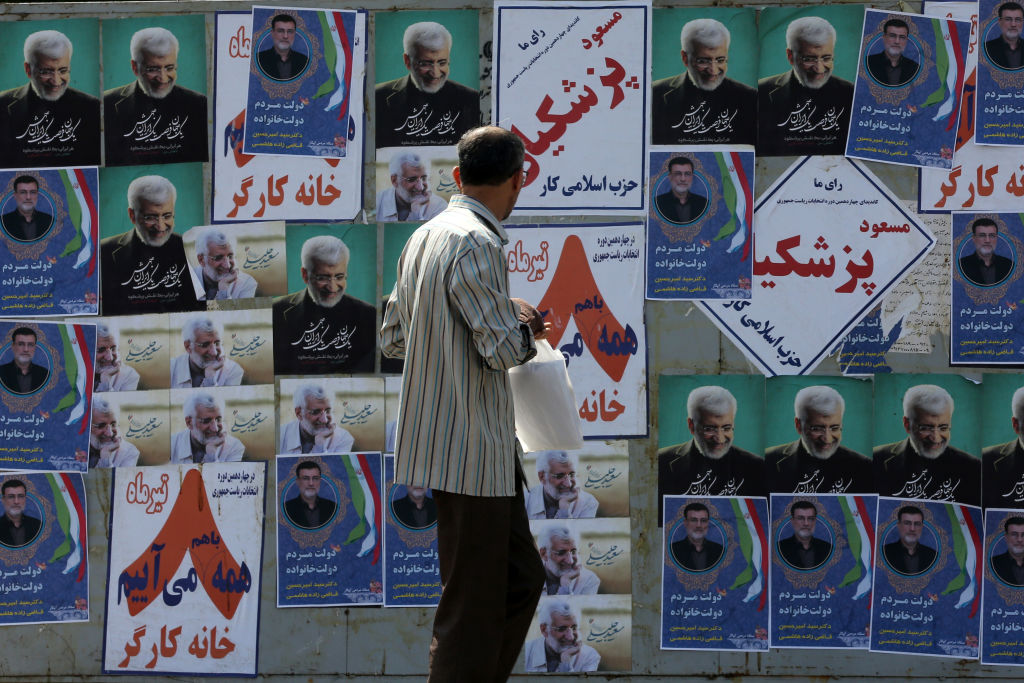Tottenham battled to a rare clean sheet in their EFL Cup semi-final victory over Liverpool on Wednesday night, but was this display different to other games under Ange Postecoglou?
It wasn’t an attacking performance on a par with the high-scoring victories at Manchester United or Manchester City earlier this season. Nor did it compare in how much of a statement it was in that they rode their luck and only escaped with a narrow first-leg lead. But Tottenham’s EFL Cup semi-final win over Liverpool was like nothing else we have seen before in the Ange Postecoglou era.
It was only the fourth time since he came in 18 months ago that Tottenham had won a game by a 1-0 scoreline. The others were at Luton in the Premier League last October when Spurs played the second half with 10 men, at home to Burnley in the FA Cup last January, and at home to AZ Alkmaar in the Europa League a few months ago.
In other words, it was the first time under Postecoglou that Tottenham had won by such a margin in a game that they had gone into as underdogs.
A clean sheet and a 1-0 win, in a game when they had to endure long periods without the ball and kept a top-quality side out in a pressured environment: it was something that Postecoglou’s Tottenham have never produced before.
To a backdrop of complaints that the manager will not adapt his philosophy whatever the circumstances, and ridicule of his “it’s just who we are, mate” line, Postecoglou’s side showed against Liverpool that they can win ugly.
It wasn’t a backs-to-the-wall defensive performance at all, but Tottenham did show a resilience that has been grossly lacking for much of the Postecoglou era.
They had just 39.9% possession, their fourth-lowest share of the ball in any game under the Australian. Much of that was down to the quality of the opposition, but for Spurs to have kept a clean sheet while having so little of the ball was a stark contrast to what has come before. In the three games when they’ve had less possession under Postecgolou, they’ve conceded nine goals and an average of 2.86 xG per game. Liverpool created chances worth just 1.13 xG on Wednesday night.

There was still plenty of the football that defines Ange-Ball. Spurs played out from the back, with newly signed goalkeeper Antonín Kinsky allowing them to build patiently in a way they have not been able to with Fraser Forster or Brandon Austin in goal. There were plenty of moments when Kinsky drew the Liverpool forwards in before playing a risky pass into midfield to help the team build through the thirds rather than hoofing the ball up to Dominic Solanke at every opportunity.
There was also a high press that caused Liverpool a few problems in the first half and very nearly led to the opening goal in the second when Lucas Bergvall dispossessed Alisson and Pedro Porro spurned a glorious opportunity.
But there was also an acceptance that, with an inexperienced goalkeeper playing with unfamiliar teammates and three of their first-choice defenders missing, they would need to go long against the best attack and the best pressing side in England. Liverpool rank first in the Premier League this season for goals (47) and goals from high turnovers (6).
Tottenham played more long balls (49) and a higher proportion of their passes long (11.7%) against Liverpool on Wednesday than they have in any other game in any competition this season.

A long, direct ball from Porro put Solanke in to score his disallowed goal, and the Spaniard played another shortly after that led to Bergvall’s winner. These weren’t aimless hoofs up the pitch, but measured long passes with the aim of exploiting the space in behind Liverpool’s high line. And it worked.
It is also worth mentioning just how bare the bones are that Postecoglou is working with right now. Whether or not he is partly (or fully) to blame for the long list of hamstring injuries his players have suffered, the fact is that Spurs are managing without a vast number of first-team players at present.
Against Liverpool, Spurs had a 21-year-old debutant in goal; two 18-year-olds in Bergvall and the exceptional Archie Gray; Djed Spence starting a Spurs match for only the sixth time, and they lost Rodrigo Bentancur minutes into the game. Their match-winner, Bergvall, became Tottenham’s youngest scorer (18 years, 341 days) since a 16-year-old Alfie Devine scored against Marine in the FA Cup in January 2021. The bench was so weak that Timo Werner was the only substitute Postecoglou was willing to introduce despite the players on the pitch being visibly exhausted. At the full-time whistle, a shattered Solanke crumpled to the turf.
Spurs had pulled off a huge result against the odds. The Opta supercomputer had given them a 20.1% chance of victory before the game, and they had inflicted only Liverpool’s second defeat in all competitions this season, ending their 24-match unbeaten run with their first away loss under Arne Slot.
Liverpool also failed to score for only the second time in 29 games all season. Kinsky made six saves – the joint most by a Spurs goalkeeper while keeping a clean sheet in the Postecoglou era. Radu Dragusin made a couple of crucial interventions, including a goal-saving clearance from a Trent Alexander-Arnold shot. Gray and Spence, both playing out of position, largely kept Mohamed Salah, Diogo Jota and Darwin Núñez quiet all night. There was a resilience we aren’t used to seeing from Postecoglou’s Tottenham.
This isn’t going to be the start of Spurs playing a completely different style of football from week to week, but Postecoglou deserves praise for switching things up for this game; for doing exactly what his critics say he won’t: adapting.
With a slender one-goal lead to take to Anfield, he’ll know as well as anyone that Spurs will need to be even more resilient if they are to progress to the final and keep up their chances of a first trophy since 2008.
Subscribe to our football newsletter to receive exclusive weekly content. You should also follow our social accounts over on X, Instagram, TikTok and Facebook.









